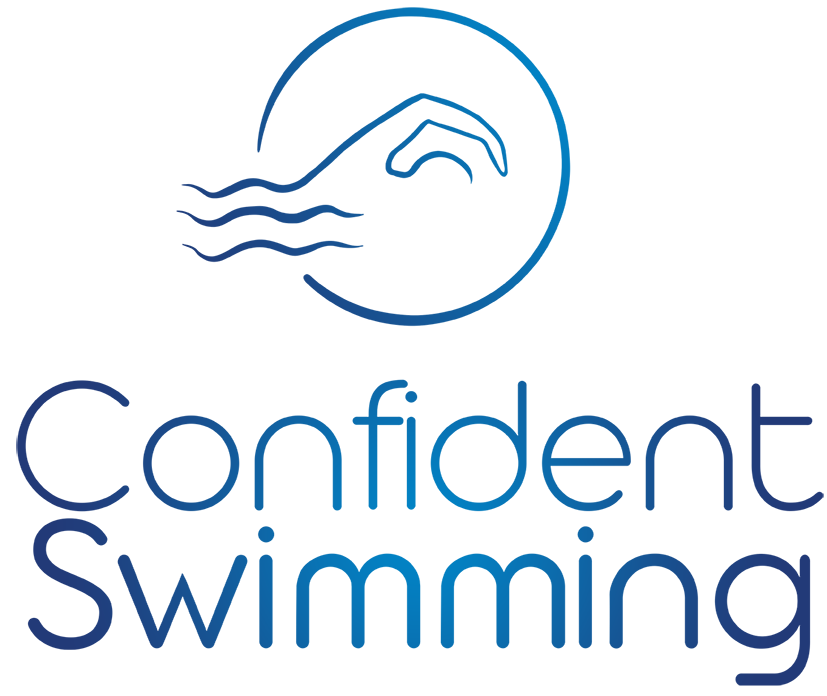How Long Does It Take to Learn to Swim as an Adult?
How long will it take me to learn to swim as an adult? The answer is… it varies for everybody!
Here are some reasons why…
Everyone's end goal of learning to swim is different
For some people, it might simply mean being relaxed and swimming in a basic style from A to B, in a pool of standing depth.
Others might want to swim laps of front crawl or other strokes, for hours on end, for health and fitness.
And for someone else, it might mean being perfectly happy jumping off a boat in the middle of the Mediterranean Sea, floating and swimming around in the open water for half an hour, feeling completely comfortable and relaxed. (That to me, is the end goal of swimming, and where I want to help everyone to get to.)
Because there’s a whole spectrum of what it means to ‘be able to swim’ for different people, this is one reason why it's a really hard question to answer.
There is a deeply intuitive element to learning to swim, that cannot be rushed
Another reason it is a hard question to answer, is that when we’re learning to swim, it’s not simply a matter of following instructions. If it were that simple, everyone would be able to swim. Piece of cake.
When we’re learning to swim, we're actually physically adapting to an entirely new environment, and this process can take time for our bodies to get used to.
Unlike with any other sport or activity on Earth, when swimming, the laws of physics are different.
Have you ever thought about it like that?
When swimming, we're suspended in a fluid that's 800 times denser than the air, gravity becomes, essentially, non-existent, and a new and often unfamiliar force starts to take effect on the body; the force of buoyancy. The roles of our deepest core muscles actually change, from that of supporting the body against the compressive effects of gravity (on land), to that of ‘stabilising’ the body in this near-weightless environment in the water.
Some people will adapt to and feel relaxed in this new environment really quickly, whilst for others it can take longer. In this sense, there's a deeply intuitive element to the process of learning to swim, and this ‘internal’ process simply cannot be rushed. It takes different lengths of time for different people.
I’ve had people who thoroughly believed they'll never be able to swim, floating and swimming both breaststroke and front crawl within only a handful of 5 or so sessions, whilst for other people, the process of simply getting comfortable and relaxed in the water can take much longer.
What I can say is that after an initial session together, we'll get to see how relaxed and connected you are in the water, and we'll both have a really good understanding from there as to what your rate of progress will be.
It’s really important not to bypass this essential process of acclimatizing to the water environment, by being pushed to ‘do’ too much—putting in too much ‘effort’—too early on. This fundamental stage of the swimming journey can require great sensitivity, and patience, on the part of the instructor, and the learner, and it’s important that your instructor provides enough time, space, and opportunity for this process to take place. However, the pay-off—in terms of the greatly accelerated swimming progress that follows—is well worth it.
For more information on how you can be guided and supported through this process, you might find the Foundation Module of my swimming programme helpful. It has been designed to guide you step-by-step through this journey of learning how to understand, relax within, and connect with the water—the essential steps for setting you up for success in achieving your swimming goals.



